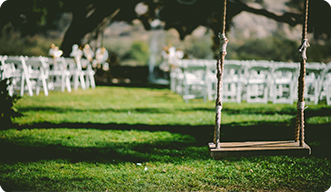

ARRANGING A FUNERAL SERVICE

The way people think of a funeral has changed. In the past funerals often included a religious ceremony and for many people this is still appropriate. However, contemporary funerals do take many forms and are held in a variety of settings. A growing body of evidence shows that funerals are an important tool for helping people cope with grief and re-establishing their lives in the event of loss. Funerals are important no matter your cultural or religious background.
There are no hard and fast rules for planning a funeral. There are many ways to create an authentic, meaningful service which is relevant to those attending and a meaningful reflection of the life that has passed.
A key decision to be made is about burial or cremation after which there are a lot of different ways that a funeral can be customised to reflect the individual.

Everyone of us will have to deal with the death of a loved one at some point in our lives. When it happens you need some helpful advice on what to do.

The cost of a funeral can vary greatly and depends on what sort of ceremony is planned.

Most of us have very little experience when it comes to organising funerals. Because of this, we often don’t know the various steps involved in arranging a funeral ceremony.

